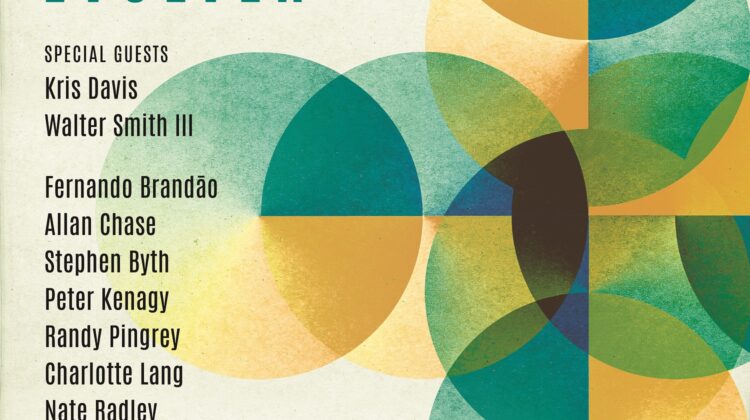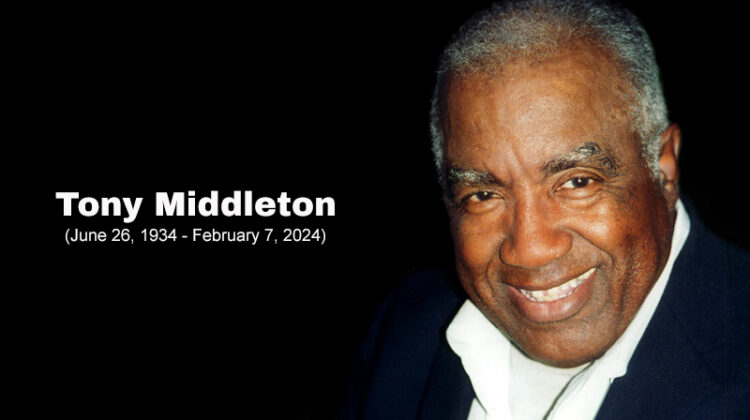By John Stevenson
Creativity and vocal suppleness ooze effortlessly out of Paula Santoro’s most recent work, ‘Mar do Meu Mundo’ (Borandá).
Possessed of a formidable octave range and wondrous timbral dexterity, Paula’s compelling voice uniquely conveys a sophisticated appreciation of a broad variety music, including Brazilian rhythms and jazz.
Ironically, the native of one of Brazil’s landlocked states, Minas Gerais, came up with a program of compositions which are interlinked by a marine theme. Her buoyant interpretation of the folksy Sivuca/Gadelha composition, Sambura de Peixe Miúdo, captures a timeless evocation of childhood excitement. It is a truly infectious piece of music with an easy melody to sing along to. Paula handles moody and more complex material, always emerging triumphant. She interprets label mate Antonio Loureiro’s ethereal Luz da Terrawith aplomb and tackles Dori Caymmi’s Arabesco and Ivan Lins’s Joana dos Barcos with accustomed confidence.
She clarifies: “for many of us in Minais Gerais, the sea is a kind of hidden desire. We don’t have the sea at home, so many of my happiest memories, and those of my family and friends, come from when we go to the sea for vacations and special occasions.”
Though the CD can be categorised under the banner of Música Popular Brasileira (MPB), there is an emphasis on the personal as distinct from the political. This up and coming vocalist uses her voice to explore the mysteries of life.
“I am very curious about many things and have been fortunate to have experienced many cultures around the world. Now in my life, everything I do and all of the many things I’m interested in have begun to help me better understand the meaning of life and what I want to give to people musically”, Paula concludes.
A ‘chamber jazz’ sensibility dominates the arrangements and instrumentation of the album, with some compositions featuring African percussive influences, and others employing fittingly moody sheens and textures.
Producer Rafael Vernet (who wrote arrangements and played piano on all tracks) must be credited for assembling a top-drawer collection of musicians.
Paula follows in the tradition of MPB interpreters such as Gal Costa and Elis Regina. And while she has not yet garnered the critical acclaim of other songstresses who have dominated the Brazilian music scene, her future appears to be secure.










